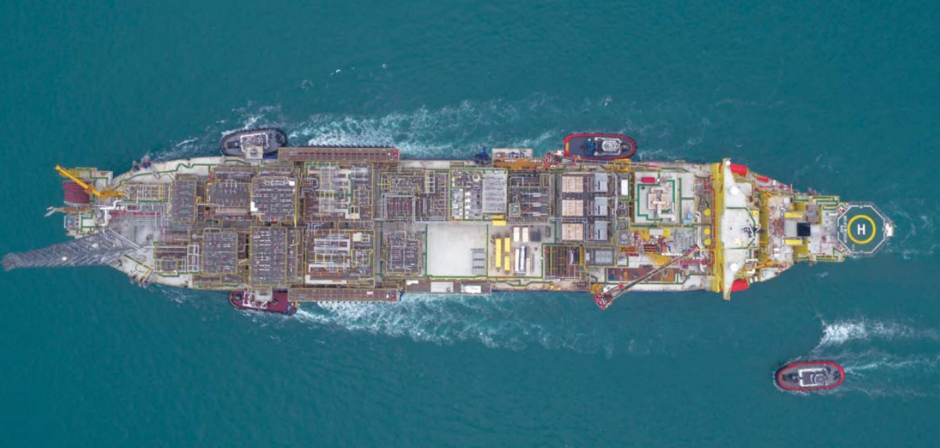
Ghana’s Ministry of Energy has defended its upstream progress following comments from the former president.
John Mahama, president from 2012 to 2017, said the last seven years had been “wasted”. The Mahama presidency had seen two new fields delivered, Tullow Oil’s TEN and Eni’s Sankofa.
Mahama said “greed and ineptitude” has meant there was no additional production since.
The Ghanaian ministry rejected Mahama’s conclusions. The former president has “poor or no understanding at all of the upstream oil industry”, it said.
Furthermore, the ministry said, the Mahama government did not sign the deals for Ghana’s three projects – the two mentioned by Mahama and Tullow’s Jubilee. It was Mahama’s predecessor, John Kufuor, who oversaw these agreements.
“Oil production is capital intensive, high risk and dependent on availability of investor funds [and] market conditions as well as prevailing global trends”, it continued.
Since 2017, seven exploration wells have been drilled, of which six were successful. As a result of Eni’s Aprokuma well, which found hydrocarbons in the Albian and Cenomanian formations, the ministry said seven discoveries had been made at the six wells.
Aker drilled the Pecan South East in 2018. In 2019, AGM Petroleum drilled Nyankom-1, Springfield the Afina-1X and Eni the Akoma-1X. The Italian company drilled another well in 2021, the Eban-1X and then Aprokuma.
These discoveries are at various stages of appraisal, the statement said. The exceptions are Springfield’s Afina well, which may be unitised with Eni’s Sankofa, and Aker’s Pecan South East.
Hurdles
A dispute over offshore borders with Cote d’Ivoire disrupted exploration in the west from 2015 to 2017, while COVID-19 had an impact from 2020-22.
Just as Ghanaians should not blame Mahama for the border dispute, the ministry said, so they should also acknowledge disruption from the pandemic.
During Mahama’s time, the government signed 11 petroleum agreements. “Of these 11, none is producing oil as of today,” the statement said. “This is a shameful record”, with the ministry going on to say it had terminated four of the licences.
Ghanaians should treat Mahama’s suggestion “with the utmost contempt it deserves”, the statement concluded.
The former president has not reserved his criticism for slow progress in the upstream. In January he also raised concerns about Ghana’s plan to exchange gold for fuel. The plan lacked transparency and the government had failed to explain it adequately to legislators, Mahama said.
Ghanaian officials have defended the barter deal on the grounds that it would reduce pressure for foreign exchange domestically.

